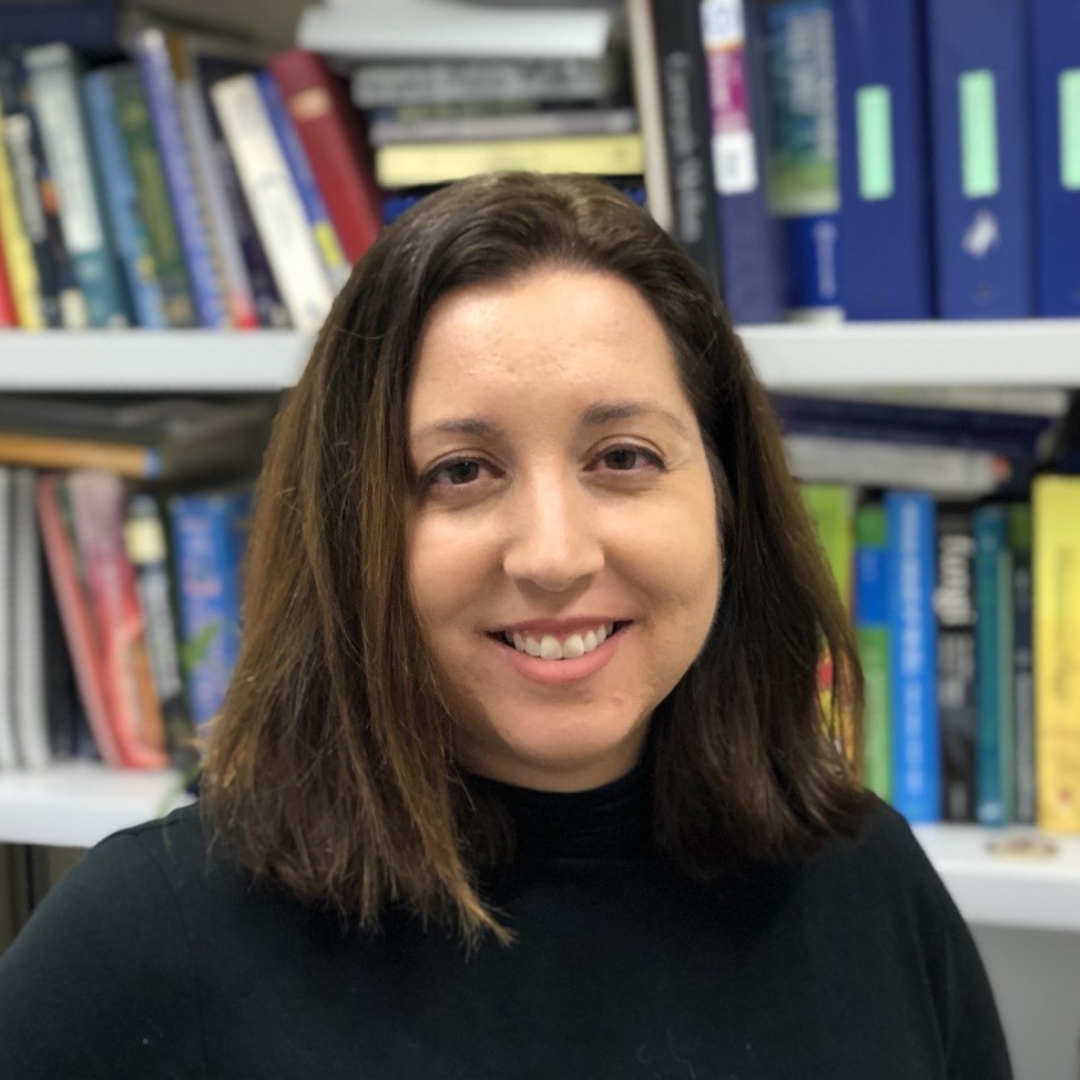
Michelle O’Malley
Professor of Chemical Engineering & Biological Engineering
University of California, Santa Barbara
Unlocking the Biotech Potential of Anaerobic Gut Fungi
May 8
4:00–5:00 p.m.
Physics/Astronomy Auditorium A118
Abstract
Anaerobic fungi are the primary colonizers of biomass within the digestive tract of large herbivores, where they have evolved unique abilities to break down lignin-rich cellulosic biomass through invasive, filamentous growth and the secretion of powerful lignocellulolytic enzymes. Despite these attractive abilities, considerably less genomic and metabolic data exists for gut fungi compared to well-studied anaerobic bacteria and aerobic fungi that hydrolyze cellulose. We have addressed these knowledge gaps by isolating and characterizing a collection of fungi from large herbivores using a combination of ‘omics’ tools.
Hundreds of novel carbohydrate active enzymes (CAZymes) and components of fungal cellulosomes (enzyme complexes) were identified from several strains of anaerobic fungi, which were discovered through a combination of homology modeling and catabolite repression. Many of these CAZymes share high homology with those found in anaerobic bacteria, and likely arose through horizontal gene transfer. Additionally, high-resolution genomic sequences have revealed a rich set of biosynthetic genes across the fungi that likely regulate diverse processes from fungal development and maturation to microbial defense in the rumen microbiome. A wealth of diverse membrane transporters (SWEET, MFS, etc.) were also identified across anaerobic fungal genomes, which were verified to enhance sugar transport activity in the yeast S. cerevisiae.
Overall, our work has unmasked a rich repertoire of novel biomass-degrading enzymes, transporters, biosynthetic gene clusters, and a wealth of horizontally transferred genes within the rumen microbiome that can be used for synthetic biology and the engineering of model microorganisms.
Bio
Michelle A. O’Malley is a Professor in the Department of Chemical Engineering at the University of California, Santa Barbara and the Vice Chair of UCSB’s Bioengineering Program. She earned a B.S. in Chemical Engineering and Biomedical Engineering from Carnegie Mellon University in 2004 and a PhD in Chemical Engineering from the University of Delaware in 2009, where she worked with Prof. Anne Robinson to engineer overproduction of membrane proteins in yeast. O’Malley was a USDA-NIFA postdoctoral fellow in the Department of Biology at MIT. At UCSB, her research group engineers protein synthesis within anaerobes and consortia for sustainable chemical production, bioremediation, and natural product discovery.
O’Malley’s research has been featured on NPR’s Science Friday, the BBC Newshour, the LA Times, and several other media outlets. She was named one of the 35 Top Innovators Under 35 in the world by MIT Technology Review in 2015, one of the 10 “Scientists to Watch” by Science News in 2019 and is the recipient of the Presidential Early Career Award for Scientists and Engineers (PECASE) – the highest honor bestowed on early career scientists by the US government. She is also the recipient of the Allan P. Colburn Award from the AIChE, the ASM Award for Early Career Applied and Biotechnological Research, the AIChE Division 15 Early Career Award, a DOE Early Career Award, an NSF CAREER award, the Camille Dreyfus Teacher-Scholar Award, the ACS BIOT Division Young Investigator Award, an ACS PMSE Division Young Investigator Award, an ACS WCC “Rising Star” Award, and a Hellman Faculty Fellowship. She was elected to the American Institute of Medical and Biological Engineers in 2020 and is the current Chair of the ACS Division of Biochemical Technology (BIOT).